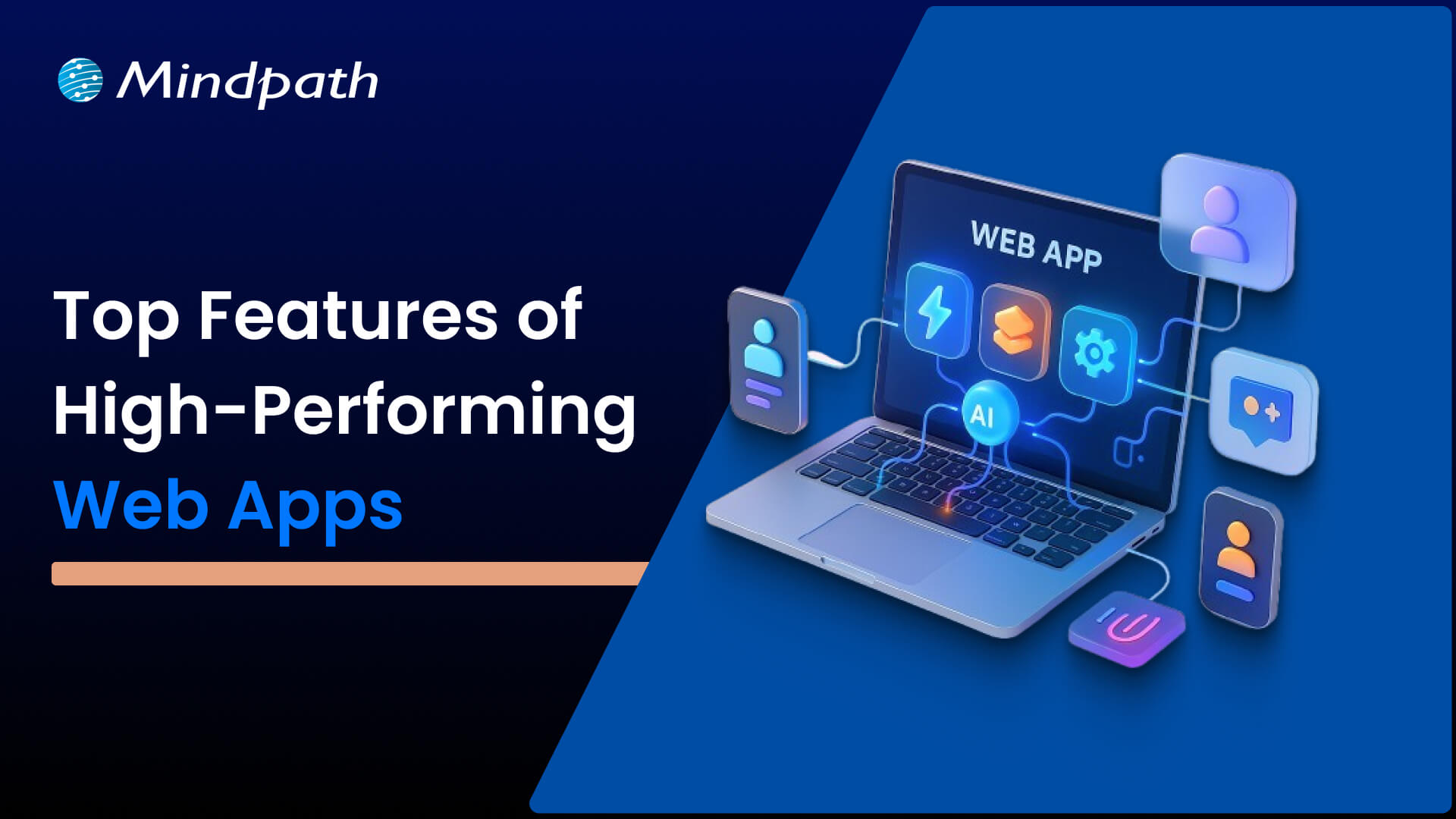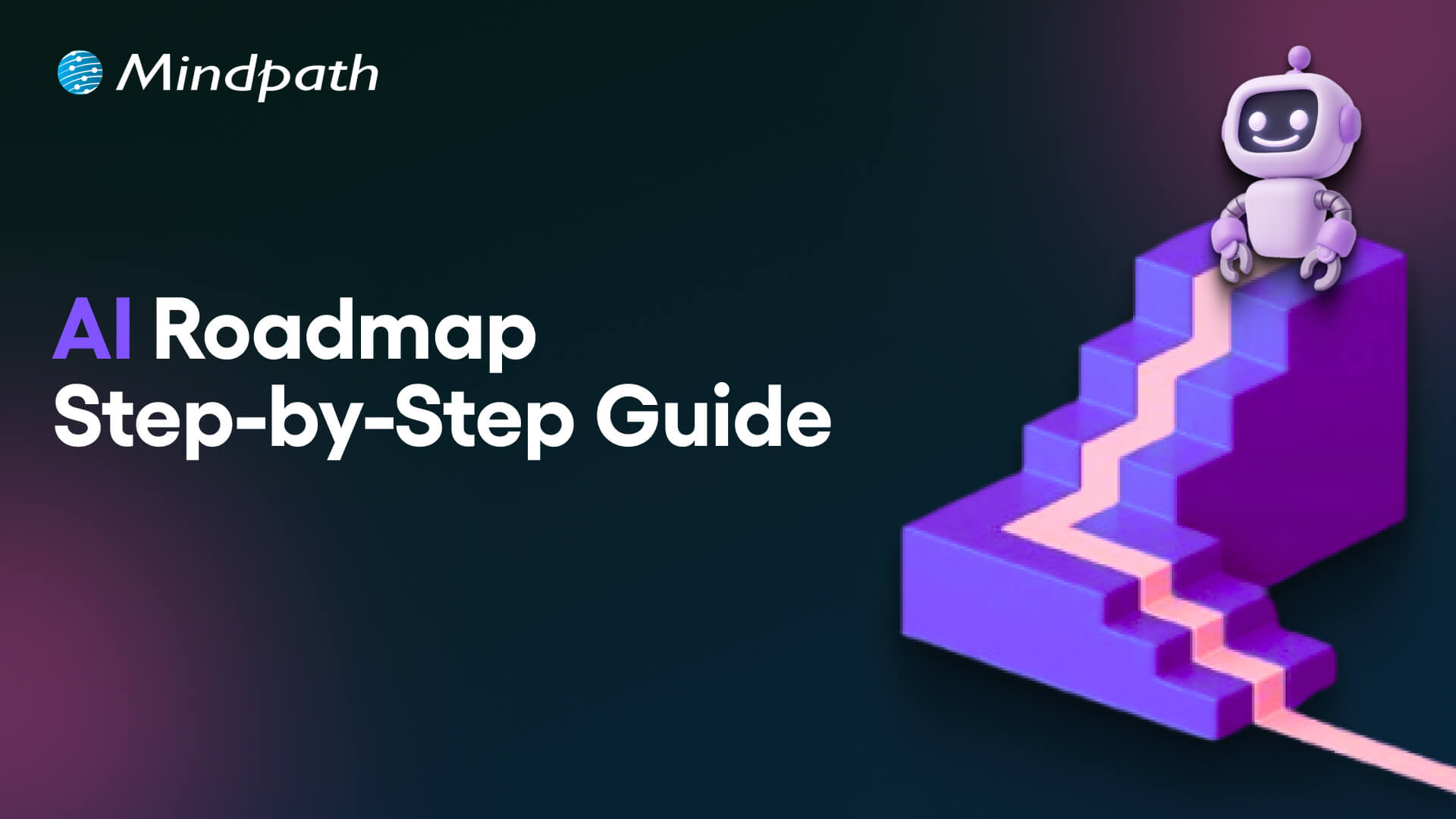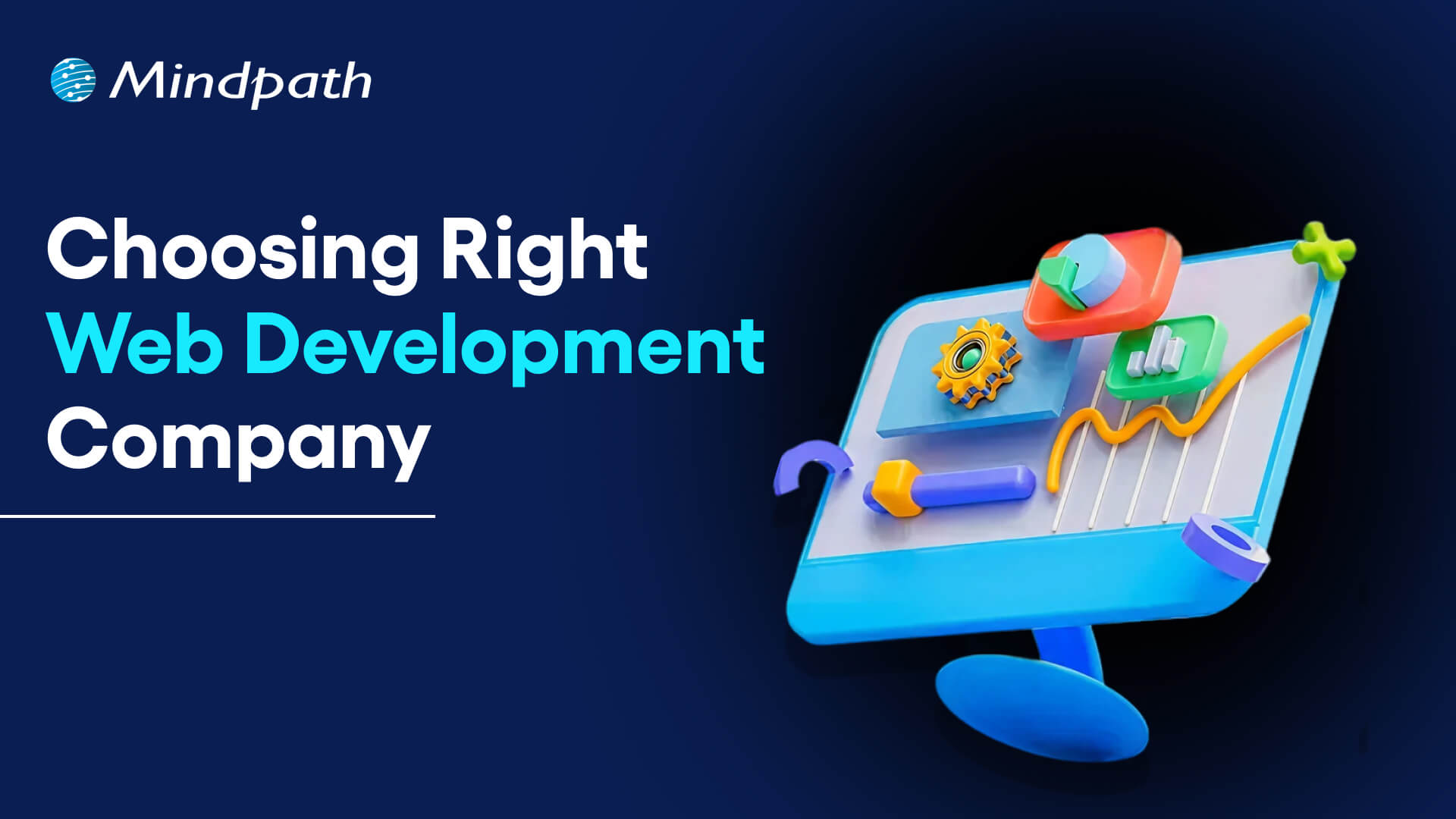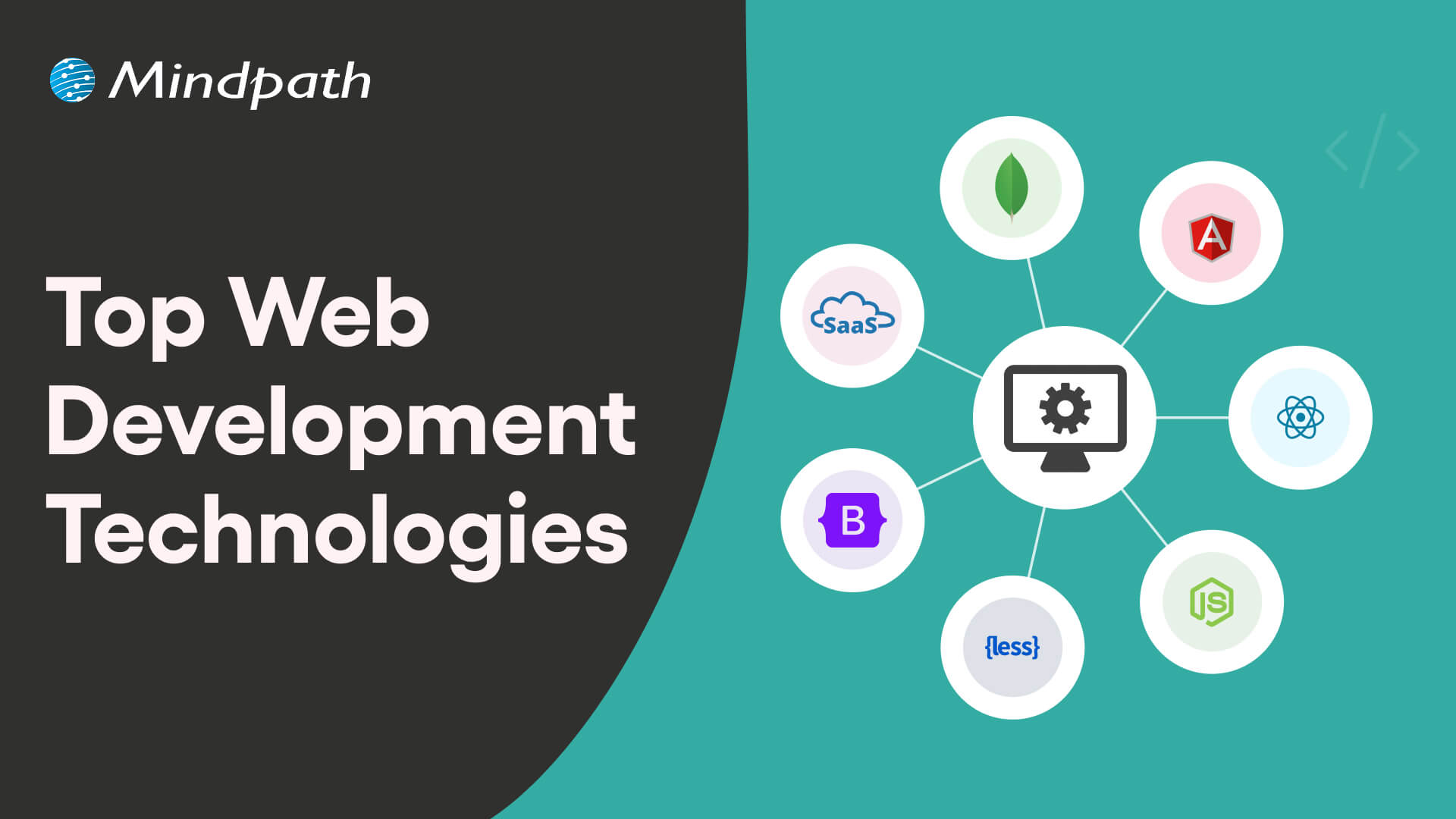How to Conduct Web Scrapping with NodeJS
1. Set Up a Node.js Project
2. Install Axios and Cheerio
3. Download Your Target Website
4. Examine The HTML Page
5. Use Cheerio to Select HTML Elements
Once you have the HTML content, use Cheerio to extract the data. Cheerio lets you select HTML elements using CSS selectors, similar to how jQuery works. You can target elements by class, ID, or by nesting within other elements. This helps to narrow down the exact data you want to extract.
6. Extract Data from the Target Webpage
Now that you’ve selected the elements, the next step is to extract the data. Organize the extracted data into a structured format, such as an array or object. Clean up any irrelevant information and ensure the data is properly organized. If the page has multiple sections, repeat the process for each one, adjusting your selectors as needed. Once completed, you’ll have well-organized data ready for use.
Mindpath, provides web scraping services using Node.js
to help you obtain crucial information from websites. Node.js allows us to easily download and extract data from web pages. This procedure entails retrieving the website content and then locating the specific data you want, such as text or photos.
Contact us today












